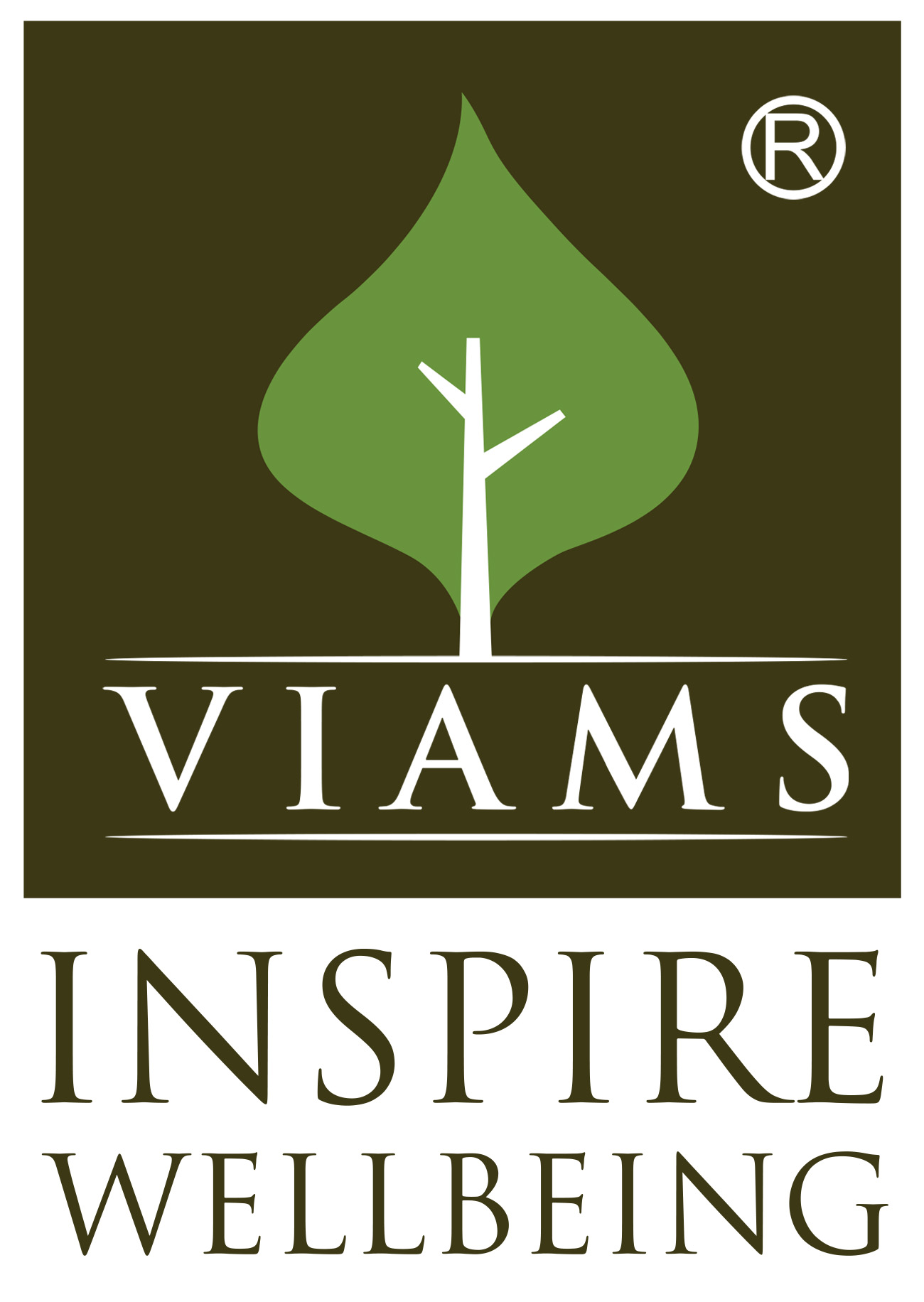Alzheimer’s Disease
Alzheimer’s Disease (AD) is a progressive neurodegenerative disorder characterized by memory loss, cognitive decline, and behavioral changes. It is the most common cause of dementia, primarily affecting the elderly. In Ayurveda, Alzheimer’s can be understood through the lens of “Smriti Bhramsha” (Memory Loss), which is often attributed to an imbalance of Vata dosha, leading to the degeneration of brain tissue and cognitive impairment.
Alzheimer’s Disease results from the accumulation of abnormal proteins in the brain, leading to neuronal damage and death. The following processes are central to its pathophysiology:
- Amyloid Plaques: Protein fragments (amyloid beta) accumulate between neurons, disrupting communication and leading to cell death.
- Neurofibrillary Tangles: Tau protein, which normally supports neuron structure, becomes abnormal and forms tangles inside neurons, impairing their function.
- Loss of Synaptic Function: The breakdown of communication between neurons results in memory loss and cognitive dysfunction.
- Inflammation and Oxidative Stress: Chronic inflammation and oxidative damage to brain cells further exacerbate neuronal degeneration.
The symptoms of Alzheimer’s Disease develop gradually and worsen over time. Common signs include:
- Memory Loss: Difficulty recalling recent events, names, or conversations.
- Confusion: Disorientation, particularly in unfamiliar environments, and difficulty understanding spatial relationships.
- Cognitive Decline: Impaired thinking, reasoning, and problem-solving abilities.
- Language Issues: Difficulty in finding words or completing sentences.
- Mood and Behavior Changes: Depression, anxiety, social withdrawal, irritability, and aggression.
- Loss of Independence: Gradual decline in the ability to perform daily activities such as dressing, eating, or bathing.
Ayurvedic Concept
In Ayurveda, Alzheimer’s Disease is associated with the imbalance of Vata Dosha, particularly in the brain. As Vata governs the nervous system, its imbalance leads to the drying and degeneration of neurons, resulting in cognitive decline. Additionally, Majja Dhatu Kshaya (depletion of nerve tissues) and poor nourishment of the brain tissues contribute to the deterioration of memory and intellect. The focus of Ayurvedic treatment is on pacifying Vata dosha, nourishing the brain (Majja Dhatu), and restoring cognitive function.
Effectiveness of Ayurvedic Treatment
Ayurvedic treatment for Alzheimer’s Disease emphasizes nourishing the brain, calming Vata, and rejuvenating cognitive function.
Treatment includes the following approaches:
- Herbal Formulations in Different Forms: Ayurveda uses a variety of herbal formulations such as powders, medicated oils, ghees, and pastes, which help nourish the brain and enhance memory and cognitive functions. For example:
- Medicated Ghee: Used internally to improve memory and cognitive function.
- Medicated Oils: Applied externally or internally to nourish the nervous system.
- Powders and Pastes: Administered to support brain function and restore balance in the body.
- Panchakarma Therapies: Panchakarma detoxification therapies are essential in calming Vata dosha, rejuvenating nerve function, and eliminating toxins that may contribute to brain degeneration. These include:
- Abhyanga (Medicated Oil Massage): Regular massage with medicated oils helps improve blood circulation, calms the nervous system, and enhances brain function.
- Vasti (Medicated Enema): This is considered one of the most effective treatments for pacifying Vata. Vasti cleanses the colon and nourishes the body from within, which indirectly benefits brain health.
- Nasya (Nasal Administration of Medicated Oils): Nasya is highly effective in delivering herbal oils directly to the brain, clearing the nasal passages, improving memory, and balancing the nervous system.
- Rasayana Therapy: Rejuvenation therapies in Ayurveda focus on restoring and revitalizing cognitive functions. Special formulations are used to enhance memory, promote longevity, and nourish the brain tissues.
Integration of Allied Healthcare Techniques
Integrating modern allied healthcare techniques with Ayurvedic therapies provides a holistic and comprehensive approach to managing Alzheimer’s Disease. This combined approach includes:
- Cognitive and Behavioral Therapy: Psychological counseling and cognitive training exercises can help slow cognitive decline and improve quality of life.
- Physiotherapy: Physical therapy helps maintain physical mobility and balance, which can decline as Alzheimer’s progresses.
- Occupational Therapy: Occupational therapists work with patients to help them maintain their independence in daily activities, such as dressing, eating, and personal care.
- Speech Therapy: As communication abilities decline, speech therapists can help patients maintain their language and communication skills.
- Dietary Management: A brain-healthy diet rich in antioxidants, healthy fats, and essential nutrients, such as vitamins and minerals, supports cognitive function and brain health.
- Yoga and Pranayama: Regular practice of yoga postures and breathing exercises (Pranayama) helps balance Vata, improve blood circulation to the brain, and reduce stress, enhancing mental clarity and memory.
Mitigation and Long-term Management
Though Alzheimer’s Disease is progressive, Ayurvedic treatment, combined with allied healthcare, can help slow its progression, manage symptoms, and improve the quality of life.
Key aspects of long-term management include:
- Lifestyle Changes: Adopting a Vata-pacifying lifestyle with regular routines, a balanced diet, and stress reduction practices such as meditation and yoga is essential in managing symptoms.
- Nutritional Support: A balanced diet rich in antioxidants, healthy fats, and brain-supportive nutrients plays a critical role in supporting cognitive health.
- Supportive Care: Caregivers and family members should receive guidance on providing emotional, physical, and psychological support to those affected by Alzheimer’s.
- Mental and Emotional Well-being: Counseling, therapy, and community support are crucial in helping patients and their families cope with the emotional challenges of Alzheimer’s Disease.
Alzheimer’s Disease poses significant challenges to individuals and families, but a combination of Ayurvedic therapies and allied healthcare techniques offers a holistic approach to its management. Ayurveda’s emphasis on pacifying Vata, rejuvenating brain tissues, and detoxifying the body, along with modern therapies, can slow cognitive decline, improve mental clarity, and enhance overall well-being.
Our Uniqueness
- Tailor-made medicines from our own Pharmacy
- Integration of Allied Healthcare Techniques
- Experienced Doctors & Therapists
- Three Stages of Treatment with Assessment
- Continuous Online Support 24 X 7
